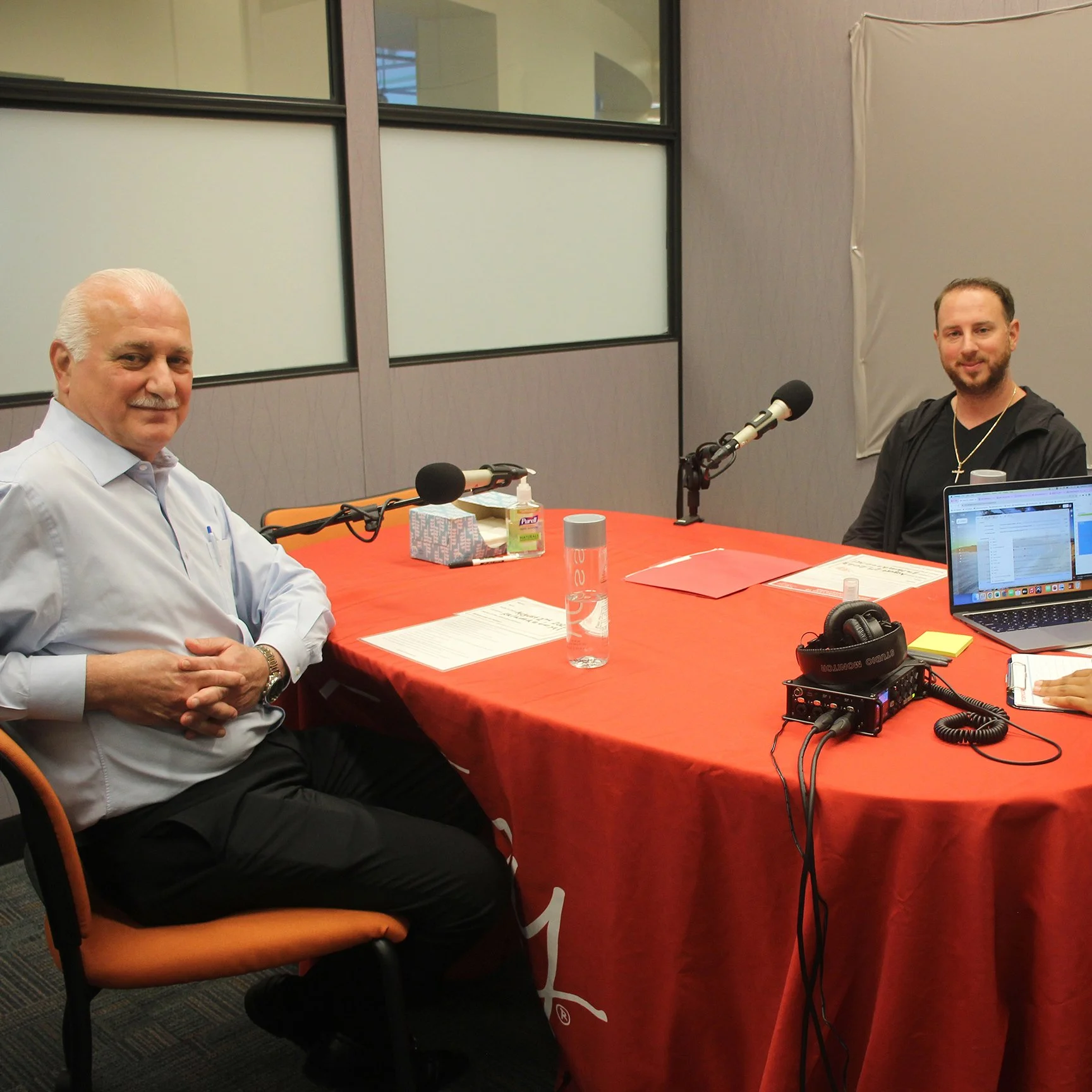Part I Few members of the Chaldean community in Detroit still survive and remember what the village was like in the early 1900s, when our pioneers made the brave and challenging journey to America. What drove them to accomplish such a feat? To understand the enormity of such a journey, it’s necessary to recall the reality of village life and its simplicity.
Read MoreThe culinary traditions of the Chaldean community are as rich and diverse as our ancient history. Originating from the cradle of civilization, Chaldean cuisine boasts a plethora of flavors that narrate our cultural heritage. As the Chaldeans found a new home in Detroit, Michigan, we brought along our cherished recipes, crafting a unique food narrative that melds ancient traditions with the modern-day food landscape of the Motor City.
Read MoreDetroit is home to a unique Middle Eastern community who call themselves Chaldeans. This article attempts to illuminate the Chaldean heritage and religion, tracing its journey from the grand civilizations of ancient Mesopotamia to the culturally rich villages of Northern Iraq. We will explore the profound legacy of the Chaldeans and examine the integral role of the Church of the East in their identity.
Read MoreIn the rich tapestry of American diversity, the Chaldean community stands out as a vibrant example of immigrants who have not only embraced the American dream but have also contributed significantly to the country’s defense. With a deep sense of patriotism and a commitment to safeguarding the freedoms they’ve come to know, Chaldean Americans in every generation have a proud tradition of serving in the United States military. Hundreds of men and women have joined the effort to protect and serve.
Read MoreThe Aramaic language, known today in its many names and dialects like Chaldean, Assyrian, Syriac, or Sureth, was once the lingua franca of vast swathes of the Middle East and served as the voice of culture and thought for many people in the region. This language, although it experienced a significant decline since that time, has become a defining feature of the Chaldean identity, especially as waves of Chaldeans migrated to new lands in search of opportunity and safety.
Read MoreChaldeans have lived and learned in Michigan for over 100 years. During that time, they have brought with them and transmitted their culture and traditions, including how knowledge is passed down and inherited. The defining characteristics of Chaldeans as it relates to education are family and community.
Read MoreThe Chaldean News sponsored a trip to Kalamazoo last month for a father-son duo, Nick and Randy Najjar, to share their story with a program called StoryCorps, which aims to “illuminate the humanity and possibility in us all – one story at a time.”
Read MoreBorn in Alqosh, Iraq, Raad Hakeem, 32, has been playing the tamboura since the age of eleven. Known in Turkish as saz, the tamboura is a musical stringed instrument with a long neck and round body. It belongs to the lute family and is known for its rich, resonant sound. It is commonly used in Indian classical music, although it has found its way into various genres of world music and fusion styles due to its unique tone and versatile nature.
Read MoreA group from the Jewish community and West Bloomfield leadership visited the Chaldean Cultural Center inside Shenandoah Country Club on Saturday, August 5. This was the first of a series of events for the year-long Chaldean Story project, made possible with support from Michigan Humanities Grants.
Read MoreAmong the many inventions credited to Mesopotamian cultures, most notably the Sumerians, are the first written language, first code of law, first urbanization in the form of city-states, first astronomical calendar, and first numerical system based on 60 (seconds in a minute, minutes in an hour). They also invented the idea of a 24-hour day and the concept of zero!
Read More


